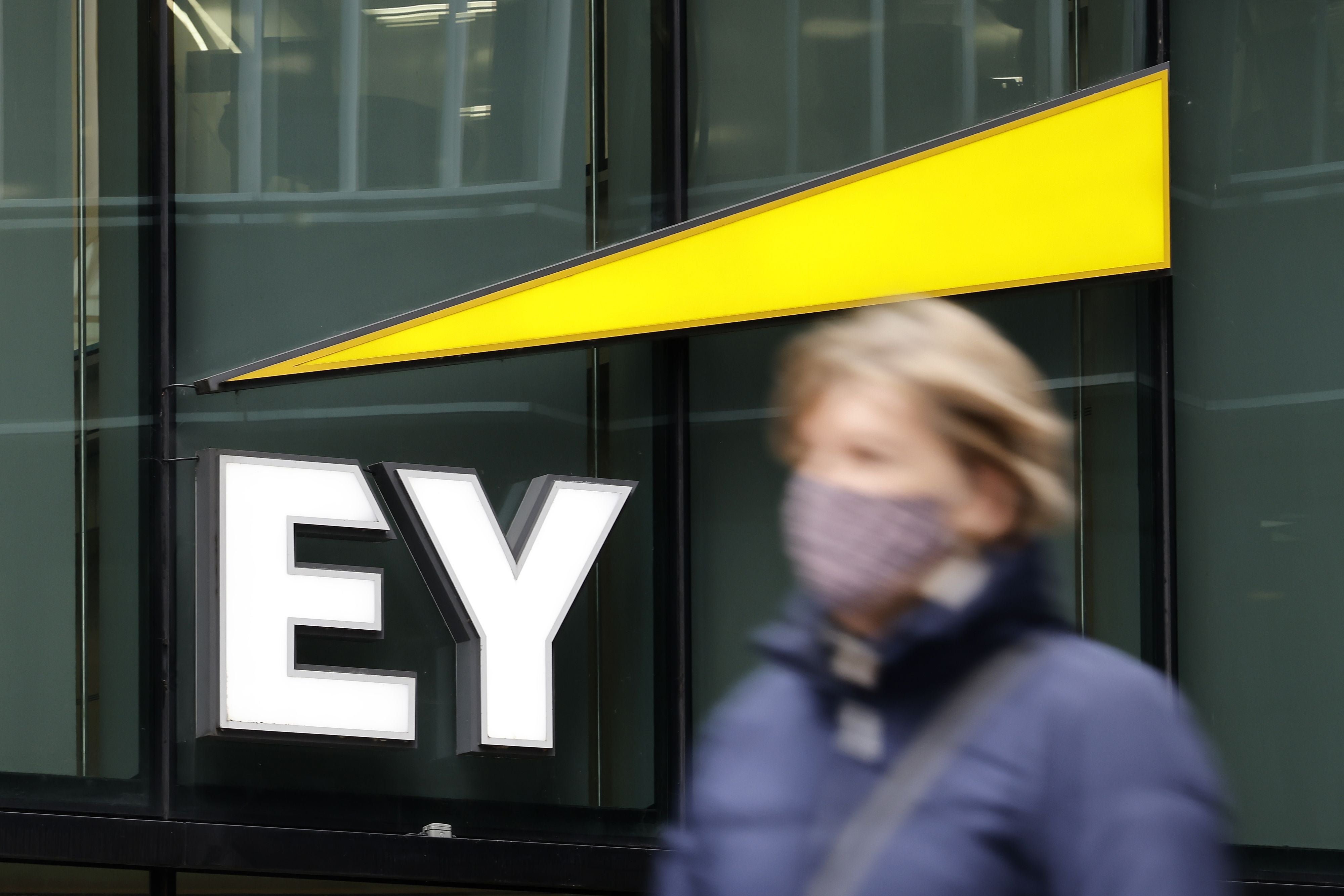Negotiations with the EU on financial services need to accelerate
With some forecasters estimating 35,000 financial jobs could leave the City for the EU, sorting out a deal on financial services is the only post-Brexit deal that matters right now, writes Chris Blackhurst


In the City, they know all too well the theory of the madness of crowds. They like to think they’re above all that, and spend their time trying to seek an individual opportunity here, to get ahead of the pack there.
They will claim to be familiar with Charles Mackay’s great 19th century work, Extraordinary Popular Delusions and the Madness of Crowds, which recounts in gory detail episodes of collective mania: John Law’s Mississippi scheme, Tulipomania and the South Sea Bubble.
Of course, they will say, that won’t happen to us. Alas, piling into dotcoms ahead of their crash and the rolling up of subprime mortgages as a must-have asset – to give just two recent examples – prove them wrong.
It looks as though something similar is occurring again, not in relation to making a market killing this time, but in connection with the banks’ response to Brexit.
The City was almost universally pro-remain (except for hedge funds looking to escape regulation by Brussels, although veteran Square Mile hands will tell you they’re not true City anyway). It seems that, with the country having chosen to ignore their dire claims as to what might happen if we leave, the banks and their advisors are now pursuing some sort of wish-fulfilment.
Some of them are switching their rainmakers to centres in the EU. Morgan Stanley, Goldman Sachs and Barclays are among those moving senior bankers. They’re claiming they now require a “chaperone”, a colleague based inside the bloc, when they speak to clients in the EU, so it’s easier to relocate there and avoid the hassle of having a third person in the room.
It’s definitely the case that talks between Brussels and London over a deal for financial services are dragging. In typical cavalier fashion, Boris Johnson parked the City – along with much else – in his rush to get Brexit done. This, despite banking being a growing mainstay of our economy, one of our few booming sectors.
It’s certainly correct that the dire predictions of a mass flight of tens of thousands from London after the referendum have not yet been realised
Nevertheless, is it really right that, as a banker based in London, you can’t now discuss a takeover or merger or an investment proposition with an EU client without an EU-registered person being present?
No, says my legal friend. It’s hokum. “This is based on an absurd rendition of the law. We have reverse solicitation and need to rely on it. I’m dismayed at some of the legal analysis the banks are relying on.”
He added: “One needs to influence the CEOs and chairmen of the banks as to the advice they receive. Plus, our regulators could help by taking a sterner line. And, of course, HM Treasury. There’s a collective mind fog.”
There is, and it’s serious. Morgan Stanley employs 150 in its Paris office and plans to take that to 200 by the end of this year, and to double in size by 2024. The head of M&A for Europe and the Middle East, Pier Luigi Colizzi, is now located in Milan and will operate from there. Meanwhile, Barclays is expanding its Paris and Frankfurt offices.
At Goldman, the head of European corporate and sovereign derivatives, Alessandro Dusi, has also moved to Milan. The bank’s office there is increasing in scale, as is its branch in Madrid.
JP Morgan will move 200 more staff to the EU from London this year, taking the total relocating since the Brexit vote to 400. Most of them are going to Paris.
At first glance, this doesn’t matter. These numbers are small compared to the half-a-million folk who work in financial services in London. A few big-hitting individuals won’t make much of a difference.
It’s certainly correct that the dire predictions of a mass flight of tens of thousands from London after the referendum have not yet been realised. In all, reckon consultants at EY, 7,600 financial services jobs had relocated from London up until March this year.
In France, the financial lobby group, Paris Europlace, claimed that Brexit would create 10,000 new financial services jobs in Paris by 2025. So far, the actual number is under half that.
The Bank of France’s banking supervisory arm, ACPR, says that by December 2020, some 50 financial firms from Britain had obtained authorisation in Paris, representing almost 2,500 jobs transferred to the French capital, along with at least €170bn in assets.
William Wright of the New Financial think tank is sticking to his forecast that up to 35,000 London financial jobs could eventually go the EU.
Read More:
Again, even if he is correct, the total is relatively small. But it’s not the figures that should cause concern so much as the mindset. Many of those heading off hold senior positions. These are decisions not taken lightly. Not having M&A and derivatives chiefs working and living in London is a loss. Suddenly, the City does not seem so influential, so vital. It’s hard to maintain hegemony when top people are not there.
As my senior legal chum insists, we still have reverse solicitation – the concept that says a client contacts a banker for advice when in fact it may be the other way round. The regulatory bodies and UK government need to get a grip and to remind the banks of this – and to not allow their group wish for Brexit to be a disaster to become reality.
Above all, what needs to happen is for negotiations with the EU on financial services to accelerate. The UK is striking lots of trade agreements across the world. But this is one deal that really matters.
Join our commenting forum
Join thought-provoking conversations, follow other Independent readers and see their replies
Comments
Bookmark popover
Removed from bookmarks